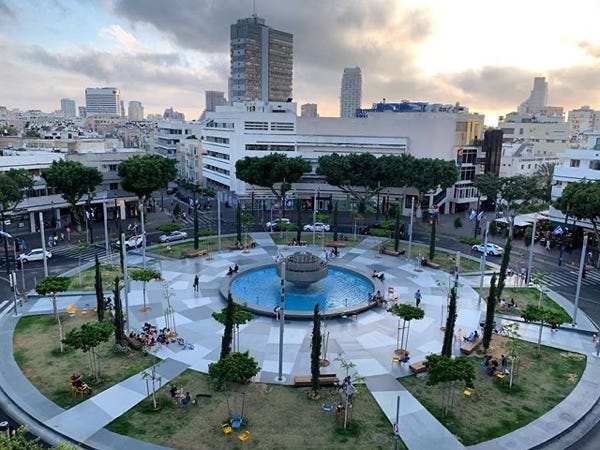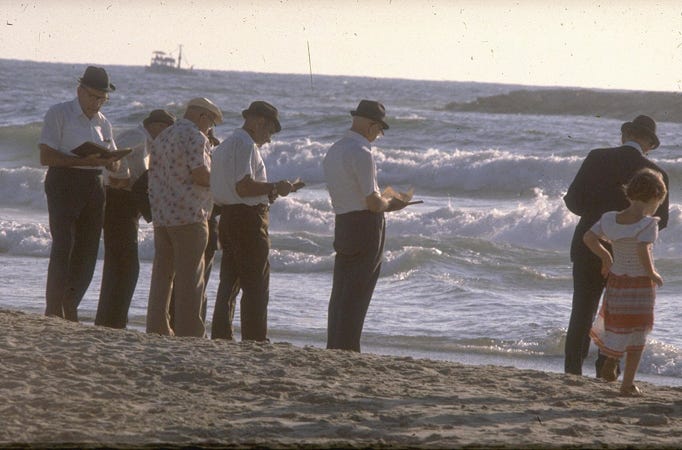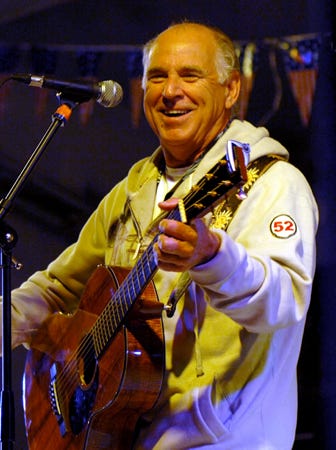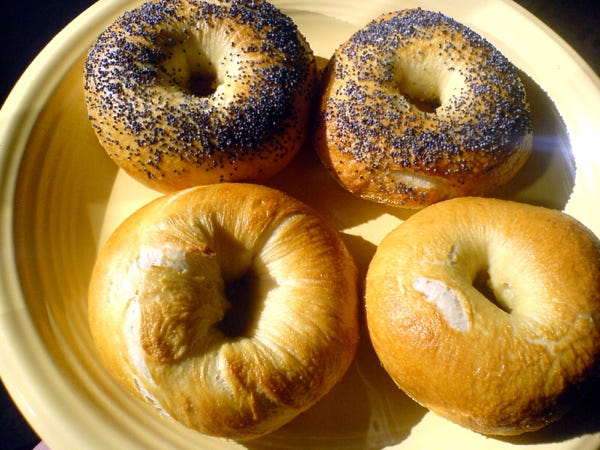10/02/2023
In many Orthodox communities, the intermediary days of Sukkot (chol hamoed) are occasions for family activities, community-wide trips, outdoor events, and more, as schools are closed. Synagogue trips to amusement parks and other family activity sites are common. For example, Six Flags Great Adventure in New Jersey, Hersheypark in Pennsylvania, and the Chicago Botanic Garden all have special Sukkot holiday events scheduled, including a sukkah on their premises. Some Sukkot celebrants, however, have been looking for another type of activity, as noted by one Orthodox woman who said, “This is our [only] chance to go swimming at all, other than the bungalow colony. And for people like me who don’t have a bungalow, we never swim.” What place is this woman referencing where she and other holiday celebrants can swim in sex-segregated waters during Sukkot?
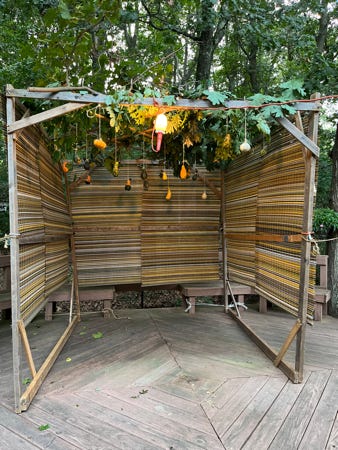
Photograph by Mark D. Zimmerman
A. Governor Gavin Newsom of California announced that a section of Huntington Beach was being reserved exclusively for women on October 5, during chol hamoed of Sukkot. While there was criticism that the state beach should not be gender segregated, he stated that his legal advisors assured him that this was not illegal, as much of the beach remains open to all. Rabbi Mendel Zeitland of the Chabad of Huntington Beach noted that volunteers from his community would be placing opaque panels along the beach to prevent others from watching the women swimming and sunning.
B. The DreamWorks Water Park at the American Dream Mall in East Rutherford, New Jersey is closing to the public and offering entry to members of the Jewish community during Sukkot, one day for men only and one day for women only. The park is the largest indoor water park in the United States, and features 15 water slides, cabanas and an enormous wave pool. The mall already has numerous kosher restaurants, and a number of sukkot will be erected in the mall’s outdoor areas.
C. Donald Trump offered the pool at Mar a Lago to the Orthodox communities on Florida’s Atlantic coast, noting that “the boys can come Monday and the girls can come Tuesday, because that’s what Ivanka, my Jewish daughter, said I should do.” Many Palm Beach residents opposed the idea of busloads of Jews coming to town to swim, but Trump noted that “there’s nothing wrong with Jewish people swimming at Mar a Lago. It’s not like that would bring down property values. Trust me. It’s still worth $1.8 billion regardless of what that highly partisan Democrat ‘Judge’ said about it only being worth $27 million.”
D. President Joe Biden announced that the lap pool in the White House basement will be open to men on Tuesday, October 3, and to women on Wednesday, October 4. In addition, a sukkah will be erected in the Rose Garden under the auspices of Rabbi Levi Shemtov of the American Friends of Lubavitch.
E. This weekend, New York City Mayor Eric Adams came under criticism after a major rain storm flooded subway stations throughout the city, leading to chaos as workers and students struggled to find ways to get home. Mayor Adams responded to the criticism by saying, “I do not see this as a crisis, but rather as an opportunity. I am announcing that the flooded subway stations will be made available for swimming during Sukkot for members of the Jewish community. Stations for the 1, 2, 3, A and C lines are reserved for men, and women can swim in the stations of the F, G, N, R and Q trains.”
✡ ✡ ✡ ✡ ✡ ✡ ✡ ✡ ✡

